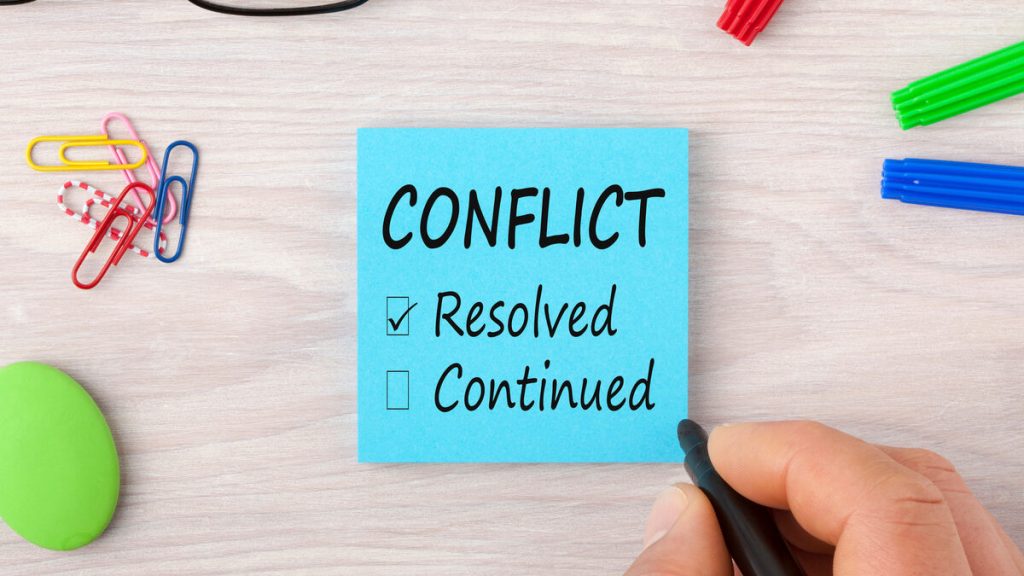
Traveling should be a joyful experience, but unfortunately, sometimes unforeseen issues arise during a hotel stay. Whether it’s a malfunctioning air conditioner, a dirty room, or a missed reservation, confronting these situations with the right approach can make all the difference in achieving a satisfactory outcome.
Navigating hotel accommodation issues can be stressful, but with a structured approach and a focus on diplomacy, you can significantly improve your chances of a positive resolution. This article will explore the art of complaining—not in a demanding or aggressive manner, but in a constructive and solution-oriented way—to effectively address problems and secure a better experience.
Before you even consider lodging a complaint, take a deep breath and try to resolve the situation informally. Speak directly with the hotel staff member responsible for the issue. Explain the problem calmly and politely, and request an immediate fix or a suitable alternative. Often, a simple conversation can lead to a quick resolution.
If the initial conversation isn’t fruitful, document everything meticulously. Write down the date, time, and a precise description of the problem. Include specific details like room number, staff member names (if possible), and any supporting evidence such as photographs or receipts. This documentation is crucial for future reference.
Next, understand your rights. Familiarize yourself with the hotel’s policies and procedures regarding complaints, as well as your rights as a guest under local consumer protection laws. Knowing your rights empowers you to address concerns confidently.
When you do need to escalate the situation, follow a structured process. Maintain a professional tone throughout the communication. Be clear and concise in explaining the issue, providing specific examples and citing your documentation. Focus on achieving a resolution rather than placing blame.
Communicate clearly and professionally. Avoid accusatory language or emotional outbursts. Instead, express your concerns in a calm, respectful manner. Clearly state the desired outcome—what you want the hotel to do to rectify the situation—and suggest possible solutions.
Keep copies of all correspondence. This includes emails, notes, and any other written communication exchanged with the hotel staff. This documentation will be invaluable if the initial complaint isn’t resolved. Consider seeking mediation or arbitration if necessary.
Don’t be afraid to utilize alternative dispute resolution methods. If you’ve exhausted all available internal channels, consider contacting consumer protection agencies or third-party organizations dedicated to resolving travel disputes.
Review the hotel’s refund policy and your travel insurance terms. If applicable, understand what compensation might be possible based on the documented issues and relevant policies. This understanding will provide a frame of reference when discussing the issue with the hotel staff and negotiating a resolution that best suits your needs and rights as a consumer.
In conclusion, addressing hotel accommodation issues requires a blend of tact, clear communication, and a proactive approach. By understanding your rights, documenting problems effectively, and maintaining a professional demeanor, you can significantly increase your chances of achieving a satisfactory resolution. Remember, a calm and assertive approach is key to achieving positive outcomes and ultimately enjoying a pleasant travel experience.